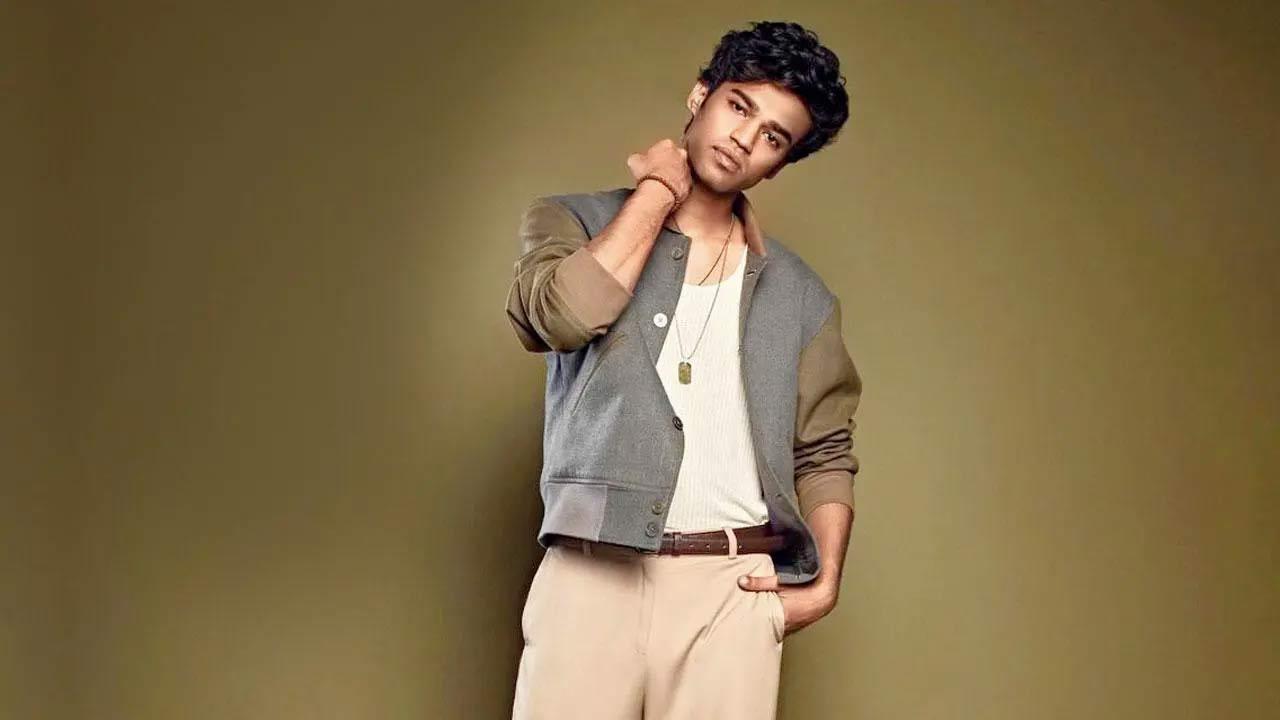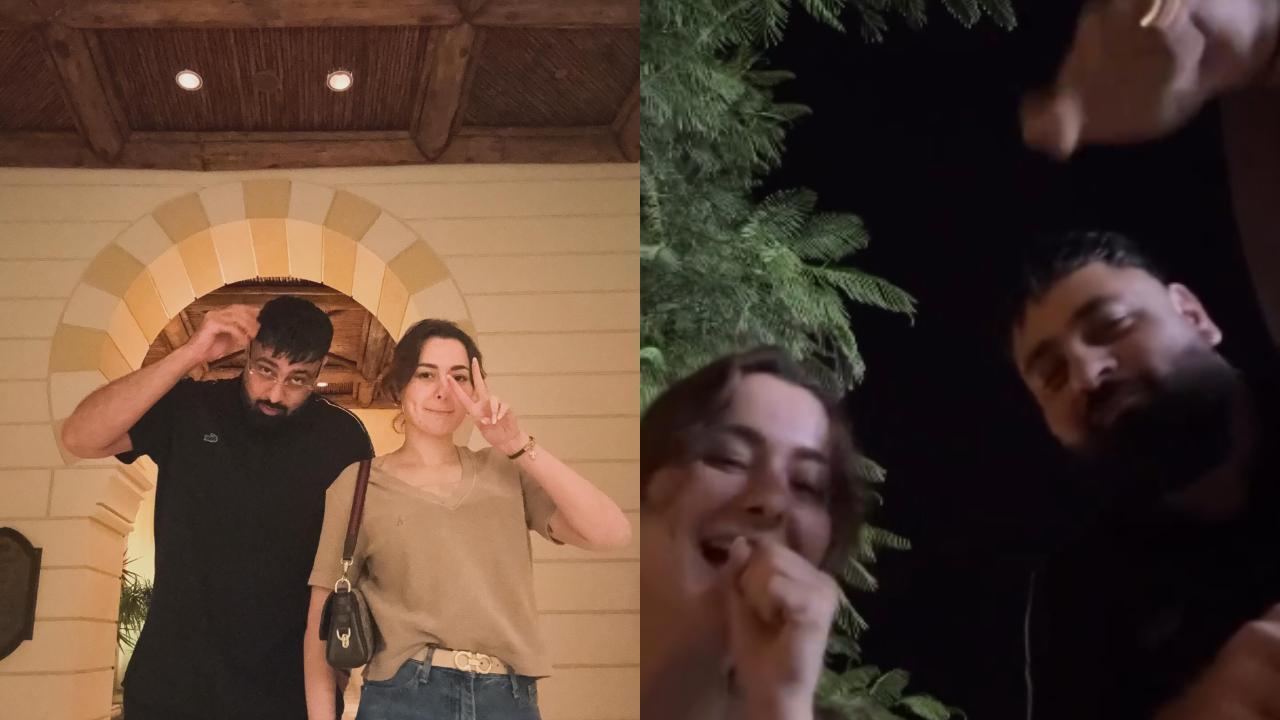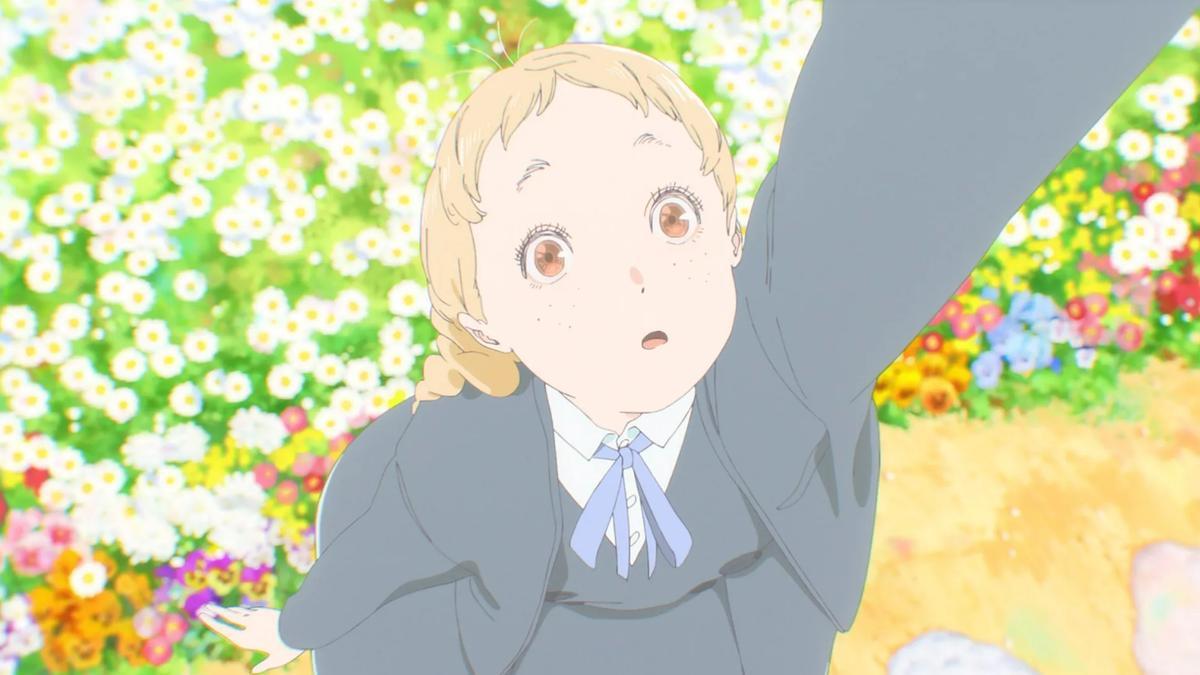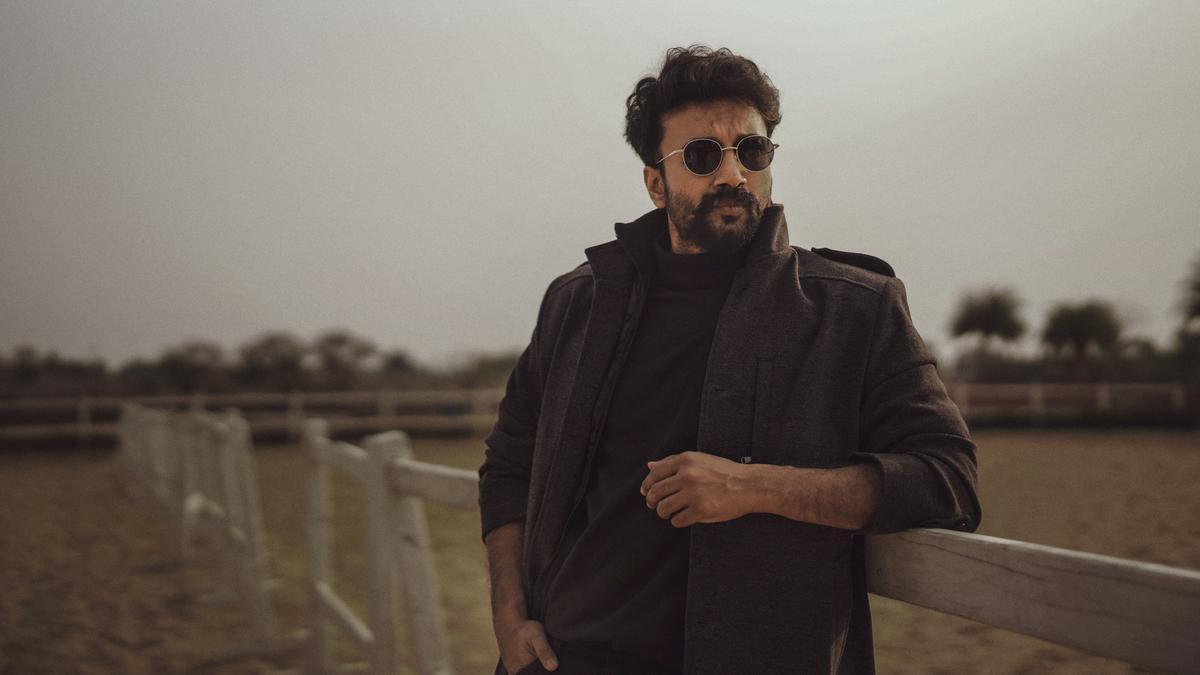
In an age where cinema classics are routinely dusted off for modern retellings, director Alex Proyas has voiced a distinct aversion to the remake of his 1994 cult film, “The Crow.” With the new iteration poised for release in June, helmed by Rupert Sanders and featuring Bill Skarsgård as the brooding protagonist, Proyas’ sentiment is not one of excitement but of protectiveness over the original’s haunting legacy.
“The Crow” of 1994 was far more than a mere motion picture; it served as a dark elegy to its star, Brandon Lee. Tragedy struck when Lee was fatally wounded by a prop gun malfunction on the set. Despite the immense sorrow of his passing, the team behind “The Crow” soldiered on to complete the film as a homage to the late actor’s talent and as a farewell to his abruptly ended promise.
Proyas recently expressed his concerns through social media, explaining that despite the industry’s best practices to approach film productions with good intentions, there are instances when certain projects should be left enshrined in their original glory. As the 1994 movie encapsulates the essence and final work of Brandon Lee, Proyas believes it ought to be preserved as such—a monument to a promising life cut short.
“So it pains me to say any more on this topic, but I think the fan’s response speaks volumes. ‘The Crow’ is not just a movie. Brandon Lee died making it, and it was finished as a testament to his lost brilliance and tragic loss. It is his legacy. That’s how it should remain,” Proyas elucidated.
The film industry, nevertheless, often cycles back to familiar territories, and with this new adaptation, fans of James O’Barr’s original graphic novel can expect to traverse the gritty, reimagined landscape of “The Crow” under Sanders’ vision. The remake will not only star Skarsgård but also feature a cast including FKA Twigs, Danny Huston, Isabella Wei, Laura Birn, and Jordan Bolger.
The resonance of the original piece manifests in its embodiment of 1990s gothic aesthetics mingled with a strong undercurrent of emotional depth and sinuous action sequences. It was those elements, paired with Lee’s mesmerizing performance, that coalesced into the film’s long-standing cult status. Proyas’ cinematic craft provided a vibrantly dark tapestry that both bewitched and mourned, telling the story of loss and vengeance in the wake of tragedy, both onscreen and off.
The upcoming adaptation has thus sparked discussions and raised concerns over whether remaking such a culturally significant film does a disservice to its initial creation and memory of Brandon Lee. It brings to the forefront questions about the preservation of artistic legacy and the moral responsibilities that filmmakers carry when reimagining works with profound historical significance.
Yet, it is an industry driven as much by passion as by economy, where revisiting established properties is seen as a financially safe bet. In a balancing act between innovation and nostalgia, the film’s producers believe there’s a new audience to captivate, perhaps not entirely familiar with its sorrowful backstory or the bygone era it’s so firmly rooted in.
Observers might claim the essence of Proyas’ lamentation lies not only in reverence for the past but also in an implicit criticism of this trend of ‘cinematic resurrection’. It underscores that some stories, especially those baptized in real-life loss, carry a sacredness that divorces them from the routine churn of Hollywood’s remake machine.
While Proyas’ disapproval casts a somber shadow on the upcoming remake, anticipation and curiosity undoubtedly build as the film’s release date draws nearer. With the intertwined legacies of Brandon Lee and the original “The Crow” reddening the horizon of the cinematic landscape, industry professionals and audiences alike might ponder on the legacy they are engaging with—a legacy etched in talent, tragedy, and artistic integrity.










